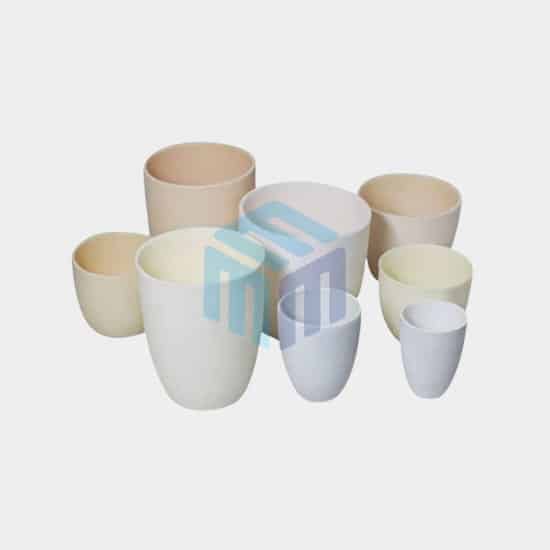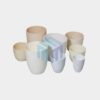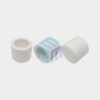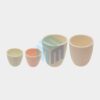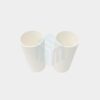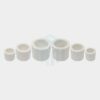Magnesia crucibles
Inquiry NowProduct Description
Magnesium Oxide Crucibles or Magnesia crucibles exhibit high mechanical strength and thermal shock resistance, along with good corrosion resistance too. Hence, their applications in the superalloy, nuclear, chemical and metallurgical industries has been highly recommended.
MgO crucibles are available in various purity and different ranges from clay to yttria and alumina depending on the application. These high temperature resistance crucibles can work under different atmospheres with the stability at 2400 oC in air, 1700 oC in reducing atmospheres, 1600 oC in a vacuum, and 1400 oC in hydrogen.
We can supply a wide range and the different sizes of Magnesia crucibles for your specific requirements to suit a range of applications.
We are a USA company catering products and solutions in the USA, Australia, New Zealand, India, Singapore, Malaysia, South Korea, Indonesia, Dubai, Philippines and Vietnam. Our team of experts across different platforms can discuss and customize your requirements as per your needs.
Please reach out to us on [email protected] or call us at +1-858-605-1447 to discuss your projects.


